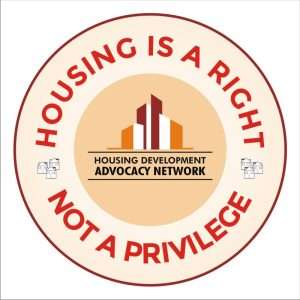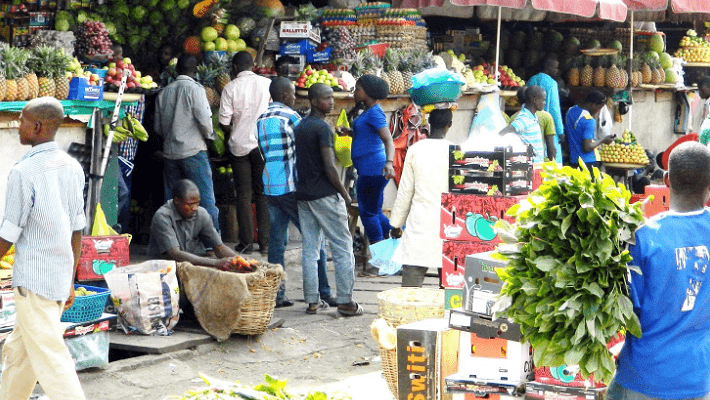The cost of living crisis in Abuja, Nigeria’s capital has become a stark reality, casting a long shadow over the lives of millions of residents, especially artisans and low-income earners within the city. Like a relentless tide eroding the shoreline of the Atlantic Ocean; rising inflation, particularly in food, transportation and housing, is squeezing households and leaving many struggling to survive.
The removal of fuel subsidies and the unification of exchange rates, while intended to address long-term economic challenges, have had a devastating impact on ordinary Nigerians, with transportation costs soaring and the prices of essential goods, especially foodstuff rising. Abuja residents are gruelling under economic turmoil that has not only eroded their purchasing power but also created a climate of uncertainty and hardship for many.
The Nigerian economy undoubtedly is currently grappling with a severe cost of living crisis. The removal of fuel subsidies, floating of the Naira and other Fiscal and monetary policies of President Bola Ahmed Tinubu’s Presidency, have triggered a chain reaction of price increases, with transportation and housing costs skyrocketing and the prices of essential goods like food and fuel spiralling out of control.

As these reforms aim to stabilize the economy in the long term, their immediate impact has been devastating, plunging millions of Middle-class Nigerians into the lower class and eroding the purchasing power of low-income workers who are the life of any economy. This crisis not only threatens economic stability but also widens the already prevailing social inequalities and undermines the well-being of the most vulnerable members of Nigerian society.
For many families in Abuja, affordable housing has become a major challenge as residents grapple with the high cost of rent occasioned by inflation and the rise in prices of building materials. Mrs Lillian, a shop owner in one of the popular shopping plazas in the city, called on the government and concerned authorities to regulate the activities of landlords and tenants to bring down the prices. She said “In some places, we pay up to 3 million naira for a one-bedroom flat depending on the area. There should be a regulation for house rent. Landlords cannot just wake up one day and increase house rent. The government must do something about it.
Mr Abel, a resident of Lugbe decried the high rent in the city as an overpriced commodity. “I feel the rent here is overpriced, it is not commensurate to what people earn, because people want to live in Abuja, they just have to pay.
On the current hardship, some Nigerians are hopeful that the current government can turn things around if the nation’s resources are managed and applied judiciously. They urged the government to stop fleecing Nigeria’s resources and manage them judiciously for the greater good of the people.

Mr Martin, an artisan opined “If the government can manage our resources well in this country, I think this suffering will be reduced. We don’t look like a country serious about ending hardship, and that is why we can afford to spend over 20 Billion on the Vice President’s New House and Billions of Naira on a new presidential jet. Where was the former president tracking or was our former vice president homeless? He asked. He charged Nigerians to be willing to work and sacrifice for the nation.
Another resident, Mr Olayemi complained about the rising food prices in the country, calling on the government to subsidize food and make it available. “I cannot afford to eat twice at work, the price of a plate of food here has risen from N1,000 to N3,000. I can’t afford it, if I spend N6,000 on food, that means my family will go hungry and go to bed on empty stomachs.
On rising rent prices, Mr Olayemi complained that his rent has tripled. “I don’t understand how landlords increase rent in a house he built in 10 years on the flimsy excuse that prices of building materials have gone up. It doesn’t add up. He queried.




